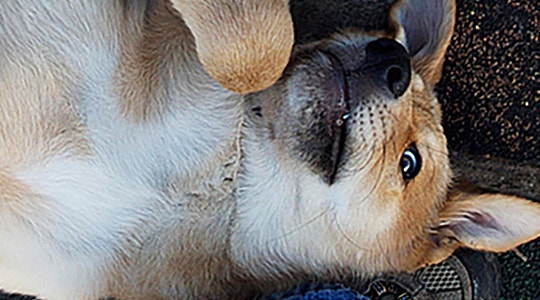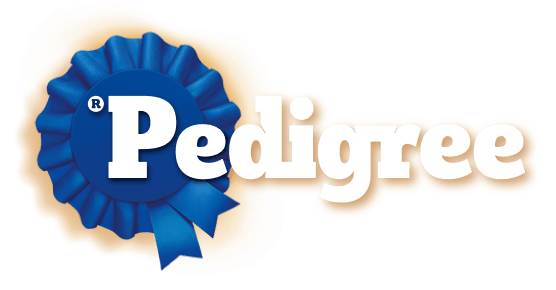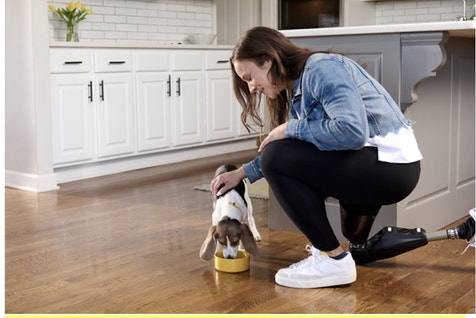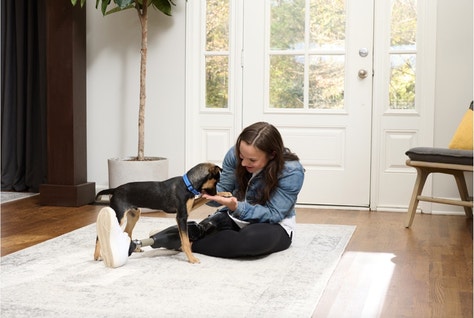
When Your Older Dog Gets Too Clingy
Your once-independent doggie is suddenly acting attention-starved and won't leave your side. What to do?
First, because your dog is older and this is new behavior, his 'clinginess' may be indicative of an underlying medical condition. Be sure to have your veterinarian give him a full physical. If he is losing his hearing or sight, which is common in older dogs, this could be making him feel much more dependent on you and anxious when you leave him.
Also, anxiety in older dogs can be indicative of Cognitive Dysfunction Syndrome (CDS), a disease which functions much like Alzheimer's in humans. If your dog is diagnosed with CDS, your veterinarian may prescribe medication to help treat this illness. If your vet has ruled out medical causes for your dog's behavior, then you should start treating him behaviorally.
Making your older dog feel more independent
You'll find that simple exercises, coupled with lots of love and patience, can make your older dog feel more independent and less anxious. A good and simple exercise is to distribute your dog's meal/kibble around the house. If he wants to eat, he has to walk away from you. This reminds him that he can still have positive experiences even when you're not right beside him.
Other things to remember
- Don't make a fuss when you leave or come home. This will only make him more anxious when you leave the house.
- Review the 'sit' and 'stay' commands with your dog. Practice these commands while moving away from him a short distance, then slowly increase the time and distance. Reward him when he obeys.
- Try not to reward clingy behavior. Ignore your dog if he follows you around or demands attention, and reward him when he lies quietly.
- As an older fellow, he is likely experiencing more aches and pains. Provide him with a soft, easily washed bed located close to you, and teach him to use it.
- If your dog is experiencing vision loss, don't rearrange the furniture. He will adapt much more easily to his environment if furniture remains in the same location.
And remember, older dogs do need extra attention. Make an effort to spend time with him when you can: Take him on car rides, play gentle games by tickling his paws, or sit on the floor just touching him. Small gestures can reassure him that you're still there for him in his Golden Years.




